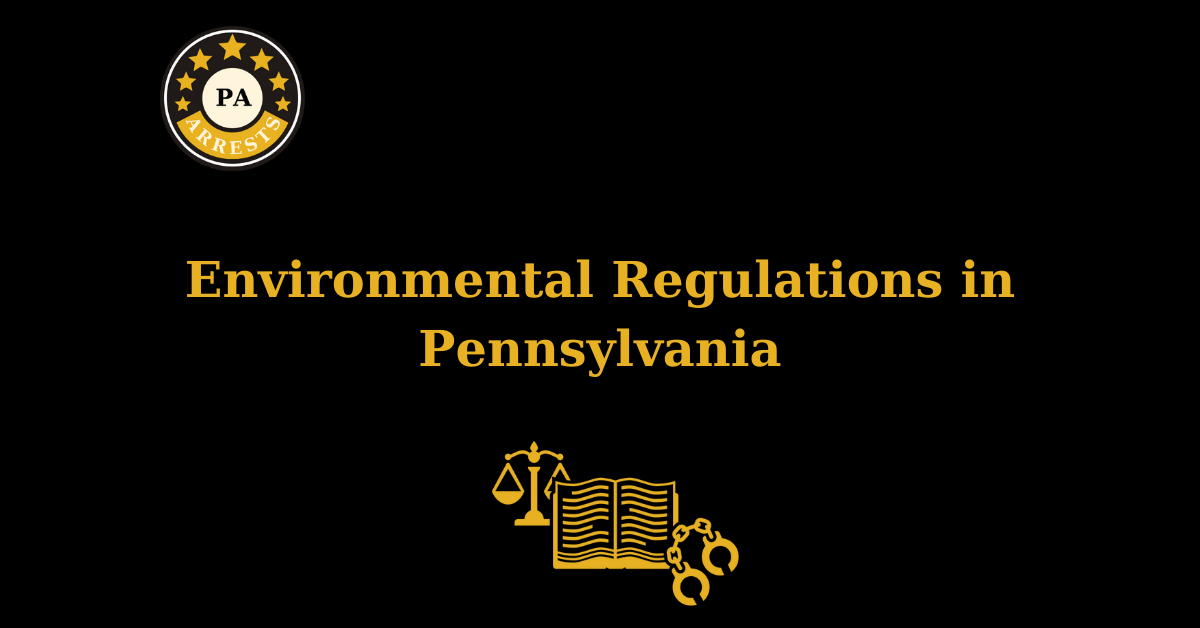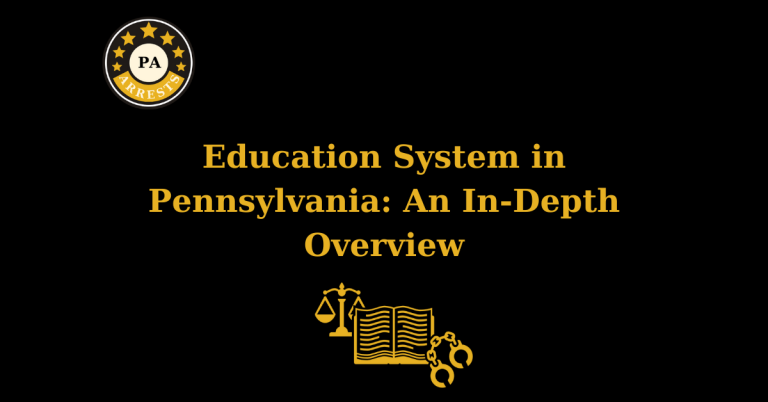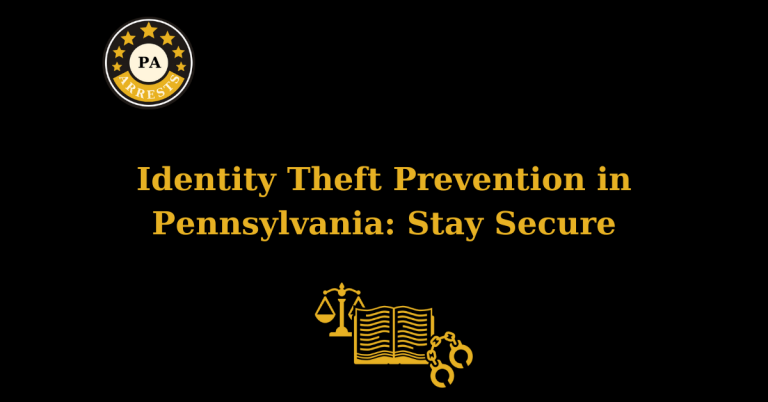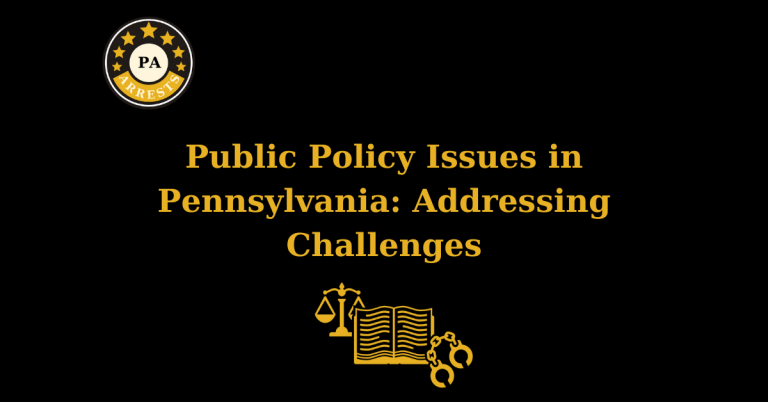Environmental Regulations in Pennsylvania

Pennsylvania, known as the “Keystone State,” is not only home to stunning landscapes and vibrant communities, but also a pioneer in environmental regulations. With a commitment to sustainable practices and green governance, Pennsylvania has set the standard for protecting and preserving its natural resources.
From the rolling hills of the Pocono Mountains to the bustling city streets of Philadelphia, Pennsylvania’s environmental regulations strive to strike a balance between industrial growth and ecological sustainability. These regulations encompass a wide range of initiatives, from air and water quality standards to waste management and renewable energy incentives. By implementing these measures, Pennsylvania aims to create a healthier and greener future for its residents and visitors alike.
Pennsylvania’s Commitment to Sustainable Practices
Protecting and preserving the environment is at the heart of Pennsylvania’s values. With its nickname, the “Keystone State,” Pennsylvania has taken on the responsibility of being a pioneer in environmental regulations. The state’s commitment to sustainable practices sets the standard for protecting and preserving its natural resources.
Striking a Balance Between Growth and Sustainability
Pennsylvania understands the importance of finding a balance between industrial growth and ecological sustainability. From the rolling hills of the Pocono Mountains to the bustling city streets of Philadelphia, the state’s environmental regulations strive to ensure that growth does not come at the expense of the environment.
Ensuring Clean Air and Water for All
Air and water quality are of utmost importance to Pennsylvania. The state has implemented rigorous standards to ensure that its residents and visitors have access to clean and healthy air and water. By strictly regulating emissions and enforcing water quality controls, Pennsylvania is dedicated to protecting the well-being of its communities.
Effective Waste Management for a Greener Future
Pennsylvania recognizes the significance of proper waste management in creating a greener future. The state has established comprehensive waste management initiatives to minimize waste generation and promote recycling. By encouraging sustainable waste practices, Pennsylvania aims to reduce its environmental footprint and create a cleaner and healthier environment for all.
Promoting Renewable Energy for a Sustainable Tomorrow
Renewable energy is a key focus for Pennsylvania’s sustainable future. The state offers various incentives and programs to encourage the adoption of renewable energy sources. By supporting the development of solar, wind, and other clean energy technologies, Pennsylvania is paving the way towards a more sustainable and resilient energy landscape.
Achieving a Healthier and Greener Future
Pennsylvania’s commitment to sustainable practices and green governance is driven by its desire to create a healthier and greener future. Through its comprehensive environmental regulations, the state aims to protect its natural resources, promote sustainable growth, and ensure the well-being of its residents and visitors for generations to come.
FAQs
What are the main environmental regulations in Pennsylvania?
Pennsylvania has several key environmental regulations in place to protect its natural resources. These include the Clean Air Act, the Clean Water Act, and the Resource Conservation and Recovery Act.
How does Pennsylvania enforce its environmental regulations?
Pennsylvania has the Department of Environmental Protection (DEP) responsible for enforcing environmental regulations. They conduct regular inspections, issue permits, and impose penalties for non-compliance.
What are the penalties for violating environmental regulations in Pennsylvania?
The penalties for violating environmental regulations in Pennsylvania vary depending on the severity of the violation. They can range from fines and penalties to criminal charges and potential imprisonment.
How can businesses ensure compliance with Pennsylvania’s environmental regulations?
Businesses can ensure compliance by staying updated with the latest regulations, obtaining the necessary permits, implementing proper waste management systems, and regularly monitoring and reporting their environmental impact.
Are there any incentives for businesses to adopt environmentally friendly practices in Pennsylvania?
Yes, Pennsylvania offers various incentives for businesses to adopt environmentally friendly practices. These include tax credits, grants, and assistance programs to help businesses implement sustainable initiatives.
What resources are available for individuals and businesses seeking information on Pennsylvania’s environmental regulations?
Pennsylvania provides comprehensive resources through the DEP website, including guides, forms, and contact information for further assistance. Additionally, local environmental organizations and consultants can provide guidance and support.






